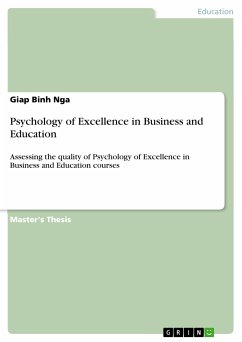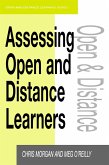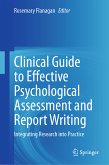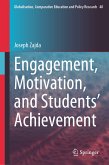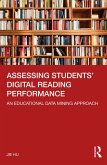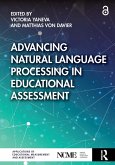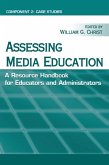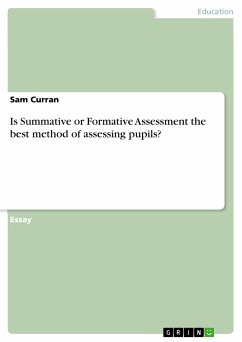Master's Thesis from the year 2006 in the subject Education - Educational Tests & Measurements, grade: 1.50, LMU Munich (The Munich Center of the Learning Sciences), course: Psychology of Excellence, language: English, abstract: In the present study a newly developed feedback form for college course evaluation (Feedback Form for the Excellence Courses: FFEC) is tested on a sample of participants of the courses of Psychology of Excellence in Business and Education (N = 200). FFEC addressed both issues of learning outcomes of a course and instructional qualities of teachers consisted of 5 dimensions: animating knowledge, promoting self-regulated learning, stimulating intellectual atmosphere, structuring the class, and establishing communication with students. Aside from its prospective practical purposes, FFEC showed very good psychometric properties, with regard to the internal consistency of subscales and overall factorial validity. As to concurrent construct validity, multiple regression analysis showed that subscales of FFEC accounted for 46% of variance in the overall course rating. Finally, the suggestions for the future use of FFEC are discussed.
Dieser Download kann aus rechtlichen Gründen nur mit Rechnungsadresse in A, B, BG, CY, CZ, D, DK, EW, E, FIN, F, GR, HR, H, IRL, I, LT, L, LR, M, NL, PL, P, R, S, SLO, SK ausgeliefert werden.

